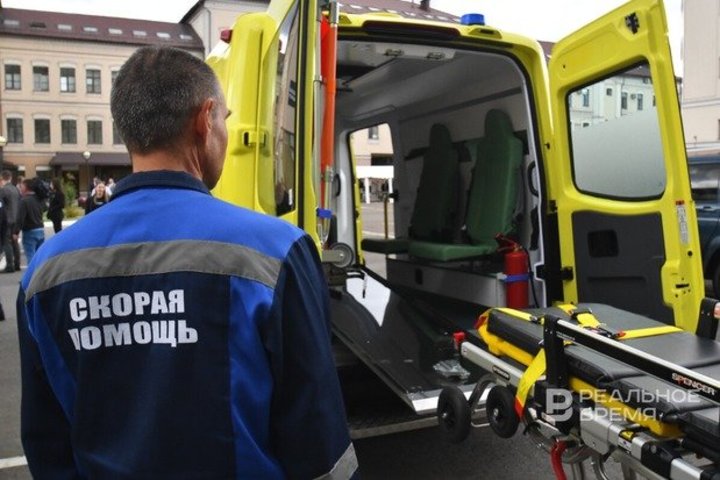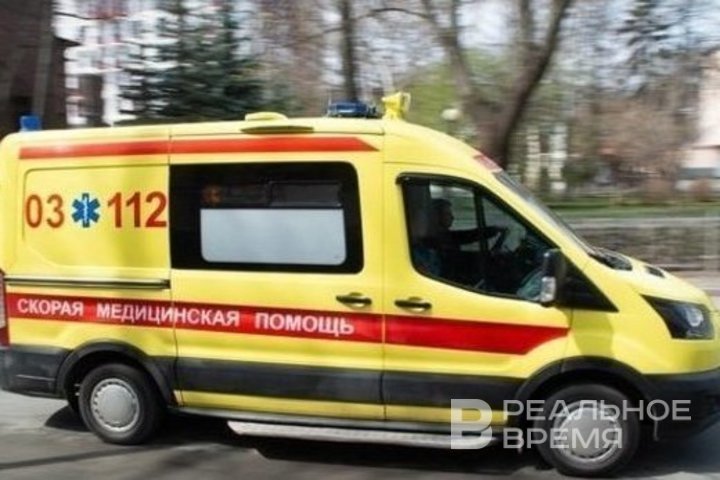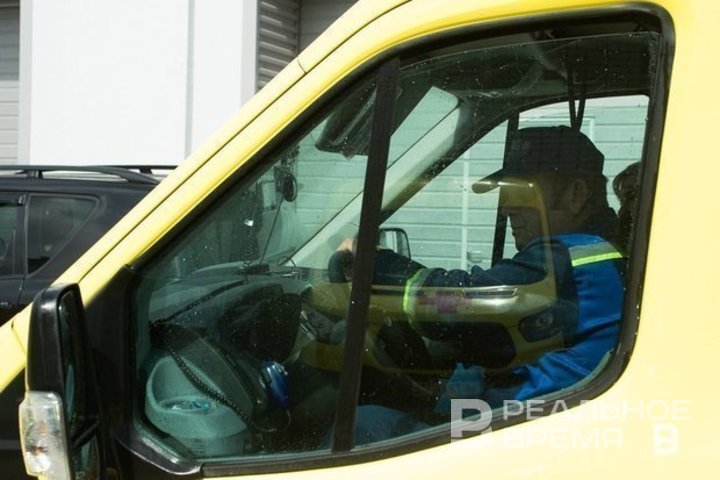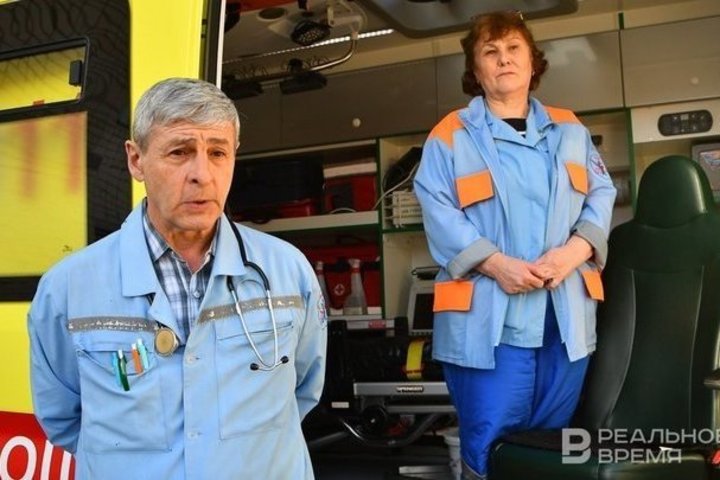Paramedics of Tatarstan ambulance go for ‘Putin’s’ allowances
Employees of the emergency medical service of the region, instead of protesting against injustice, are leaving to places where they get paid more

Tatarstan medics reacted to the selective March increase in social benefits, which has not affected ambulance paramedics, by changing jobs. So far, all over Russia, this category of medical workers is outraged that they have been “transferred” to the service sector by another government decree, not taking into account the intensity of their work, and they are recording protest video messages to President Vladimir Putin. According to the source of Realnoe Vremya, a quiet outflow of paramedics of emergency medical services to feldsher-midwife stations and other medical institutions has begun in the regions of the republic. Read the details in the material of Realnoe Vremya.
“There are always vacancies available”
“If the situation with payments does not change, we will soon have no one to go on calls," an employee of an ambulance station in one of the districts of the republic told Realnoe Vremya on anonymous terms. “Nurses and paramedics in feldsher-midwife stations get additional payments, there are always vacancies available, and people from ambulances go there.”

The “situation” with payments has arisen all over Russia. On March 1, 2024, on behalf of the president of Russia, a government decree increased monthly social payments to medical workers who work in hospitals and in primary health care. In April, doctors are to receive their first increased salary — except ambulance workers.
They pay extra for screening, but not for intensity
Doctors of central district, district and district hospitals, hospitals and medical and sanitary units, depending on the population of the city or village in which they work, should receive additionally: 18.5 thousand rubles in settlements with a population of 100 thousand people and 50 thousand rubles in settlements with a population of less than 50 thousand people, the average staff — 30 thousand rubles. Polyclinic doctors, respectively, are entitled to payments of 14.5 thousand, 29 thousand and 50 thousand rubles, and the average medical staff — 30 thousand. Junior medical staff of medical organisations are to receive social benefits in the amount of 4.5 thousand rubles.
But the amount of social benefits for ambulance workers remain at the same level — 11.5 thousand rubles for doctors and 7 thousand for paramedics.
Ambulance workers dropped out of the list of recipients of new social benefits because this structural unit does not belong to the primary health care unit, but is an emergency service. At the local level, in the Russian regions, emergency workers are comforted by that they retain other payments — regional and from the Social Insurance Fund. Well, the fact that they will not receive less for their work than they already receive. However, ambulance workers themselves consider this unfair, and explanations that the increase in social benefits to workers involved in providing primary health care was motivated by an increase in the volume of work, including those related to screening and medical examinations, are not accepted.
“Screening does not cancel out the high burden on us in any way," says a paramedic of the Tatarstan ambulance. “Today we are called not only for emergency and urgent cases, but also simply because it is impossible to get to the doctor from some village where the bus has not been running for a long time, or because it is impossible to make an appointment at the polyclinic. On some days, the number of calls per shift is off the scale — there is no time to eat, no moment to rest... The medical examination has increased the burden on our colleagues from clinics, but our workload has been huge, and it remains so. And it is growing, as the population of the districts ages, buses to villages are cancelled, and there are more and more patients in polyclinics, and fewer doctors and nurses.”
“They work normally”
In many regions of Russia, ambulance workers recorded and posted video messages on the Internet, where they say that they were unfairly ignored and that their salary in reality, without overwork, is scanty at the present time, for example, 25 thousand rubles when working the day shift. Tatarstan ambulance workers are still silent and do not make collective statements, but act more cunningly — they go to a place where they get paid extra for the intensity of work.
However, according to the Ministry of Healthcare of the republic, the ambulance service is not experiencing any problems from this yet.
“Ambulance crews in the districts and cities of Tatarstan work normally, the available vacancies are filled," the ministry told Realnoe Vremya, but added, “There is a shortage of personnel in healthcare in the republic, as in Russia as a whole. Solving this issue is one of the priority areas of work.”

Besides, the department gave an example of a successful solution to the shortage of personnel on its own:
“In the past, in 2023, there was an urgent problem with a shortage of ambulance drivers, due to lower salaries compared to those offered by other potential employers. The Ministry of Healthcare sent an appeal to the rais of Tatarstan on the issue of increasing the salaries of ambulance drivers. As a result, ambulance drivers had allowances increased for harmful and dangerous working conditions from 10 to 120 percent, and currently the average salary of an ambulance driver is about 50 thousand rubles.”
“There is no problem in Kazan”
“In Kazan, the problem of low wages for employees is not worth it, all vacancies are filled," Farid Galyautdinov, the chief physician of the Kazan Ambulance Station, assured Realnoe Vremya. “There is no shortage of medical and paramedic teams in the capital of the republic, staffing is 90-95%.”

He explained the lack of personnel shortage by the rather high salaries of employees, even by Kazan standards: paramedics get an average of 72 thousand rubles, and doctors — 115.